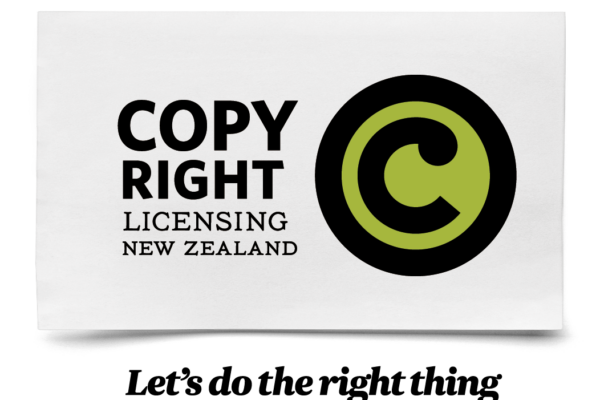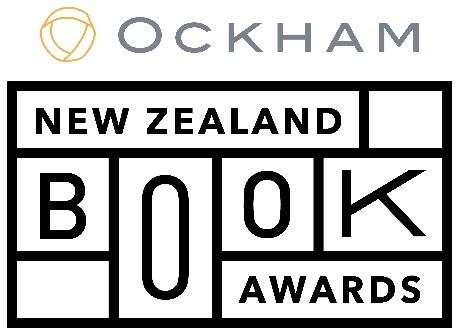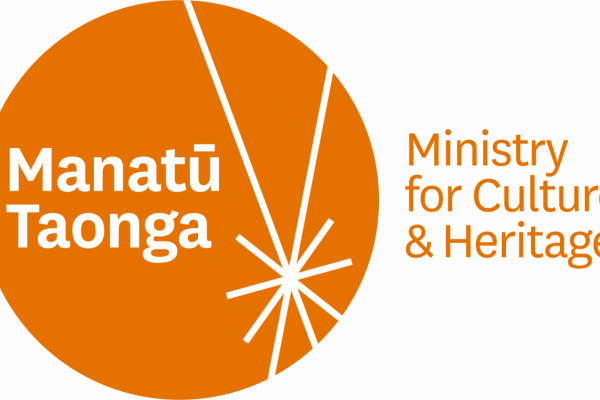New information detailing that women writers in New Zealand are targeted for abuse is a cause for concern. Writer and publisher Lani Wendt-Young recently tweeted about a history of Facebook abuse she has been subjected to, including rape and death threats. In an interview published in Stuff, the author of the Young Adult series Telesa, describes frustration with police inaction following abuse which includes one threat by a man who said he wanted to ‘chop her in pieces and drag her carcass down the road’.
Worryingly, this is not an isolated event. In an interview with Radio New Zealand in 2016, parenthood blogger Emily Writes described how she had multiple threats and photos of dead babies sent to her, noting that the abuse and harassment ‘escalated since having a higher profile’.
The New Zealand Society of Authors (PEN NZ Inc) Te Puni Kaituhi o Aotearoa endorses PEN International’s Women’s Manifesto, and affirms the following PEN statement:
“NZSA (PEN NZ) believes that violence against women, in all its many forms, both within the walls of a home or in the public sphere, creates dangerous forms of censorship. Across the globe, culture, religion and tradition are repeatedly valued above human rights and are used as arguments to encourage or defend harm against women and girls.
NZSA (PEN NZ) believes that the act of silencing a person is to deny their existence. It is a kind of death. Humanity is both wanting and bereft without the full and free expression of women’s creativity and knowledge.”
NZSA (PEN NZ) calls on media outlets such as New Zealand Herald, and Stuff to follow the lprotocol adopted by overseas news-makers and ban anonymous online comments. In March 2016, the Canadian Broadcasting Corporation announced it would ban the use of pseudonyms for online comments. In the U.S. several news websites have adopted this model which treats online comments like letters to the editor. Removing anonymity allows police to follow-up on complaints when reported, and reduces the hurdle in identifying online offending.
NZSA (PEN NZ) acknowledges the difficulty created by the Safe Harbours legislation awarded to the tech giants and ISP’s in the 2008 digital amendment to the Copyright Act. This gives ISP’s immunity and removes accountability for objectionable or illegal content on their platforms. This immunity seems at odds with international law and the rights of citizens to protection. In 2016, 1.4 million take-down notices were issued to Google, Facebook and You Tube and 0.0002% were enacted. NZSA (PEN NZ) believes this legislation requires attention in the imminent MBIE review of New Zealand’s Copyright Act.
PEN International Women’s Manifesto can be read here.
Get Help:
- If it is an emergency and you are at risk call 111.
- Victim Support 0800 842 846
- Netsafe 0508 638 723



